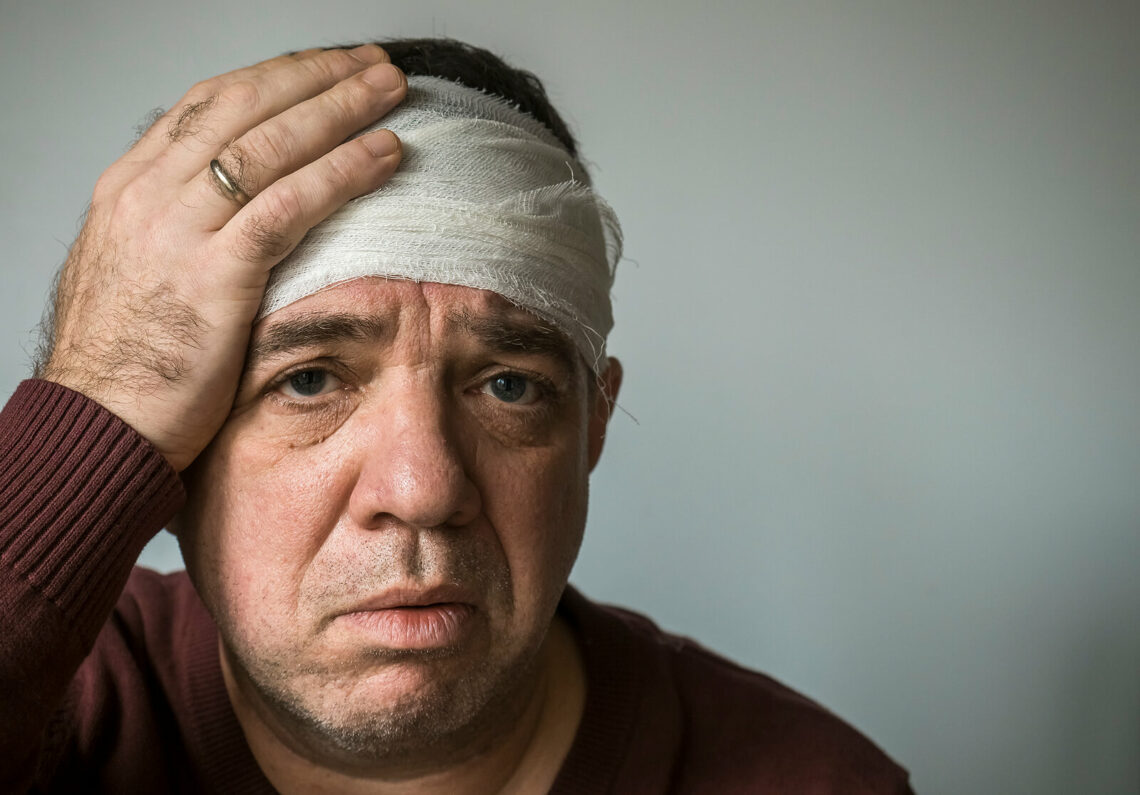Hearing loss can be caused by a variety of factors that impact people of all ages. This includes head injuries which actually affects younger adults more than any other demographic. Learning more about this risk factor and ways to reduce your risk cna protect your hearing health and wellness.
Understanding the Scope of Head Injuries
According to the Centers for Disease Control and Prevention (CDC), there are as many as 3 million cases that occur every year. Head injuries range from mild forms which are recognized as concussions to the most severe type of head injury: traumatic brain injury (also known as TBI). The CDC estimates that at least 1 million head injuries are traumatic brain injuries. Men, between the ages of 15 to 35, experience the highest risk of head injuries which is likely due to engagement in contact sports. In addition to injury from sports, common causes of head injuries include falls as well as car (or bike) accidents.
Impact of Head Injuries
Head injuries can have multifaceted effects on health. Significant force to the head causes the brain to shake which leads to the brain coming up against the skull. This movement can cause a range of reactions: bruising, swelling, hemorrhaging, and contusions etc. which produce symptoms including:
- Dizziness, balance issues, vertigo
- Headaches, migraines
- Noise and light sensitivities
- Tinnitus: a ringing or buzzing like noise in one or both ears
- Difficulty knowing the direction of sound (known as sound localization)
Head injuries can also produce symptoms that are more severe and chronic including:
- Difficulty maintaining or initiating sleep, sleep disorders
- Personality and behavioral challenges like mood swings, depressive symptoms, social withdrawal etc.
- Issues with mobility
- Challenges with cognitive functions (decision making, communication, memory)
Another chronic outcome head injuries can lead to is hearing loss, a medical condition that reduces capacity to hear and process speech as well as sound.
Link Between Head Injuries & Hearing Loss
Head injuries can cause hearing loss by damaging the auditory system – the sensory system for hearing – in a few ways. First, it is useful to know what the auditory system consists of:
- Outer ear: the most visible part of the ear absorbs soundwaves from the environment which travel through the ear canal before landing on the eardrum.
- Middle ear: movement of the eardrum triggers the policies which are three connected bones that help propel soundwaves to the inner ear.
- Inner ear: the cochlea consists of thousands of hair cells that convert incoming sound waves into electrical signals. These signals are sent to the brain via the auditory nerve. The brain is then able to further process and assign meaning to these signals which enables us to understand what we hear.
Head injuries can disrupt this process in several ways. Significant impact to the head can damage the ossicles, rupture the eardrum, impaire hair cells in the cochlea, construct blood flow in the ears etc. This reduces capacity for sound to be effectively absorbed and processed which causes hearing loss.
Tips to Protect Your Hearing Health
There are simple and useful ways you can protect your hearing and overall health from the impact of head injuries. Strategies you can practice include:
- Wear protective gear: engagement in contact sports, car, and bike accidents are among the most common ways people suffer a head injury. Wearing protective gear while participating in these activities increases your safety and can minimize the impact of injury. It is important to wear a helmet while riding a bike and playing sports, wearing a seatbelt while driving, and additional protective gear.
- Wear hearing aids: if you have hearing loss, it is critical to wear hearing aids during waking hours. Hearing aids help absorb and process speech as well as sound which increases hearing capacity. This contributes to greater spatial awareness and ability to safely navigate everyday environments which reduces the risk of experiencing a fall.
- Test hearing regularly: hearing tests evaluate your hearing health. Getting your hearing tested regularly is a great way to track your hearing and identify any changes or symptoms that should be treated. This is especially important if you’ve experienced a head injury.
Contact us today to schedule an appointment for a hearing consultation. Our practice offers comprehensive testing and utilizes the latest technologies to identify your hearing needs.

